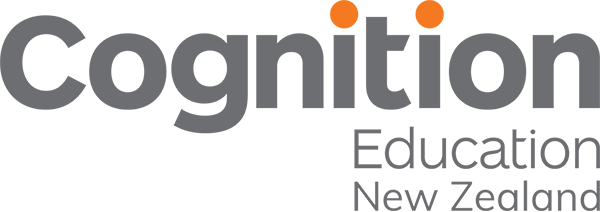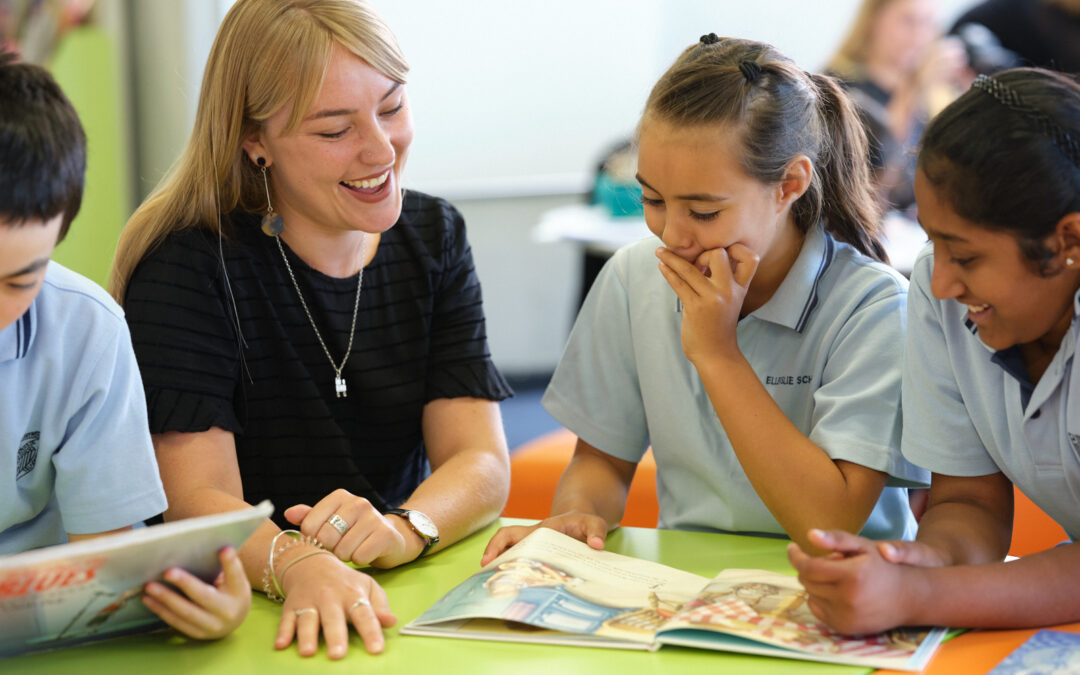Advancing education is often intricate and unpredictable. Well-intentioned ideas can sometimes lead to unintended consequences that are hard to anticipate. Hence, it’s crucial to recognise the dedication of educators, teachers, leaders, and administrators who consistently work towards improving education. However, alongside this recognition, it’s important to carefully consider the initiatives or actions that can genuinely shape educational outcomes for Aotearoa New Zealand.
EMPOWERING LEARNERS: A PERSISTENT FOCUS
Educators in Aotearoa New Zealand have consistently prioritised students’ needs in their teaching philosophy. Regrettably, disruptions caused by the COVID-19 pandemic and recent weather events have worsened existing inequalities in the education system, which have persisted for over thirty years. Many educators agree that it’s essential to make progress, especially in schools located in economically disadvantaged areas. This challenge is not new; it’s been a concern for quite some time. As a result, maintaining ongoing efforts becomes crucial. This encompasses initiatives involving curriculum updates and the incorporation of the common practice model for embedding literacy and numeracy practices supported by solid research evidence. Keeping these efforts going significantly boosts the potential to improve the overall effectiveness of the system.
STRENGTHENING THE EDUCATIONAL FRAMEWORK
In the effort to enhance Aotearoa New Zealand’s education system, several key areas emerge:
Nurturing Early Years Learning
The foundational years (ages 0-5) play a crucial role in shaping future academic achievements. Ensuring universal access to preschool education is the first step in engaging young minds and fostering their innate curiosity. However, a greater emphasis on supporting early childhood educators is essential to ensure children are well-prepared for formal schooling, particularly in the realms of pre-literacy and pre-numeracy.
Addressing Truancy: A Societal Endeavor
The issue of truancy transcends individual instances, representing a societal concern rooted in the undervaluation of education’s impact. A concerted effort is required to reshape societal perceptions regarding the extensive benefits of education. Fostering a collective understanding of education’s role in promoting socioeconomic mobility, economic prosperity, and overall well-being is a transformative objective.
Exploring the Potential of Technology-Enhanced Learning
Over the last 30 years technology developments (like the internet, cloud sharing and the introduction of learning based apps – just to name a few), have offered opportunities to advance the sharing of knowledge and understanding. Technology has enabled learning experiences beyond traditional time and space constraints. However, it’s vital to acknowledge the challenges that accompany technology, including issues related to authorship, originality, and assessment integrity. Skillful management of these challenges is pivotal as we aim to elevate digital learning, harnessing the transformative potential of both established and emerging technologies.
Enhancing Pedagogical Proficiency
While educators’ commitment is commendable, there remains untapped potential in refining teaching methods. This involves grounding instructional practices in well-founded research and tailoring their application to suit local contexts.
RETHINKING EDUCATION: GUIDING PRINCIPLES
In pursuit of educational excellence, certain principles deserve recognition:
Beyond Standardised Assessments
Historically, the efficacy of standardised assessments as solitary drivers of improved learner outcomes remains questionable. The inclination to adhere solely to these assessments has driven the advocacy for their removal, with a shift towards integrating literacy and numeracy within real-world inquiry and problem-solving tasks, a direction supported by a plethora of research studies. Relating learning contexts to students’ needs and interests emerges as pivotal, with the incorporation of financial literacy into mathematical education showcasing promising potential.
Strategic Leadership: A Key Enabler
To actualise successful educational outcomes, a rigorous examination, selection, and implementation of research findings by leaders are essential. However, such a pursuit demands unwavering dedication to augmenting learning outcomes, coupled with investments in time and professional expertise. Support systems that facilitate schools’ effective utilisation of evaluation processes can amplify their endeavors’ impact.
Bridging Disparities through Strong Leadership
The imperative for robust educational leadership to upscale success and mitigate disparities within Aotearoa New Zealand’s education system is undeniable. Recent mathematics assessments underscore a substantial performance variance between schools of varying socio-economic status. In such scenarios, targeted interventions are indispensable for individuals, groups, and cohorts of students. Sustainable interventions necessitate an adept understanding of effective strategies, which entail a responsiveness to learners’ unique requirements, continuous monitoring, iterative refinement of instructional approaches, and the provision of ongoing professional development for educators.
Making room for impact: De-implementation
Amidst the escalating challenges of teacher and leader burnout and mounting workloads, the concept of de-implementation emerges as a strategic remedy within school settings. By deliberately dialing back and relinquishing the less effective and resource-intensive initiatives, schools can pave the way for impactful change. This involves prioritising practices backed by substantial evidence and a greater potential for fostering positive student outcomes. Embracing de-implementation not only empowers educators to focus on methods with a proven track record but also offers the prospect of restoring a healthier work-life equilibrium, ensuring sustained educational progress while safeguarding the well-being of those driving it forward.
Professor Conner’s scholarly contribution, “Transformational Education using Technologies: Challenges and Benefits,” encapsulated within the IN4OBE Global Virtual Summit 2022 proceedings, provides further elucidation on these matters.
In conclusion, the pursuit of educational excellence in Aotearoa New Zealand rests upon a dynamic interplay of thoughtful initiatives, purposeful leadership, and a commitment to addressing societal disparities. As we navigate this journey, we must harness the collective expertise of educators, leaders, and stakeholders to propel New Zealand’s education system toward a more equitable and prosperous future.

Dr. Lindsey Conner
Education Director Asia – Pacific
Lindsey brings a wealth of creative experience in leading curriculum development and assessment, supporting education systems and teacher education development in Asian and Pacific countries. She started as a Play Centre Supervisor, became a secondary science and mathematics teacher (and member of a school board), moving on to leading and researching teacher education in New Zealand and Australia. Her work spans multiple disciplinary areas and has focused more recently on the power of integrating learning areas to build learners’ capabilities. In addition, she leads educators, collaborative teams and leadership groups to develop effective ways to infuse and apply appropriate and culturally congruent technology for more effective outcomes.
Lindsey has undertaken consultancy work for New Zealand Universities (Academic Quality Assurance), Fiji Higher Education Commission, National Institute of Educational Research (Japan), SEAMEO (South-East Asian Ministries of Education, 11 countries) and UNESCO. She has led multiple projects in New Zealand and across Pacific nations, helping teachers grow in their understanding about meeting student needs and transforming lives through education. Her inspirational “can do” approach within senior executive teams has enabled changes to strategic planning, digital solutions for educational services, extended external relations, improved quality assurance, augmented benefits of internationalization and effective management of human resources.
Her life goal is to find multiple ways to enhance human experiences through education. She strongly believes that there are powerful possibilities for public good when educators partner with communities to create and evaluate educational solutions that are culturally appropriate.

